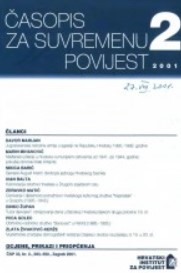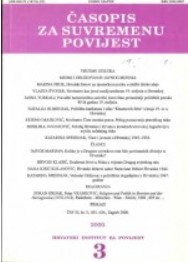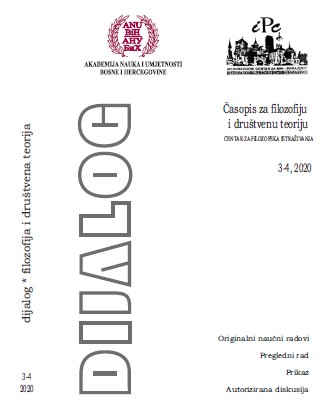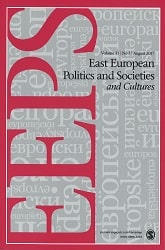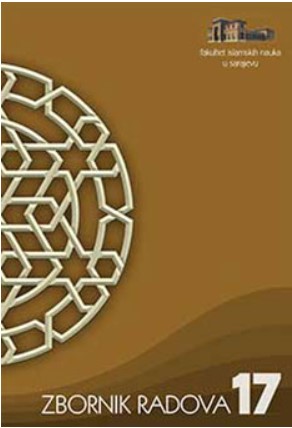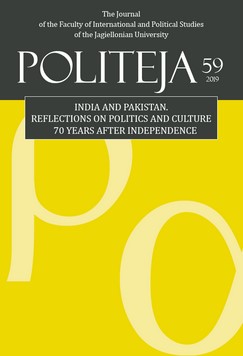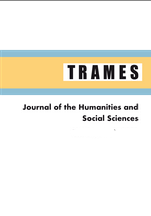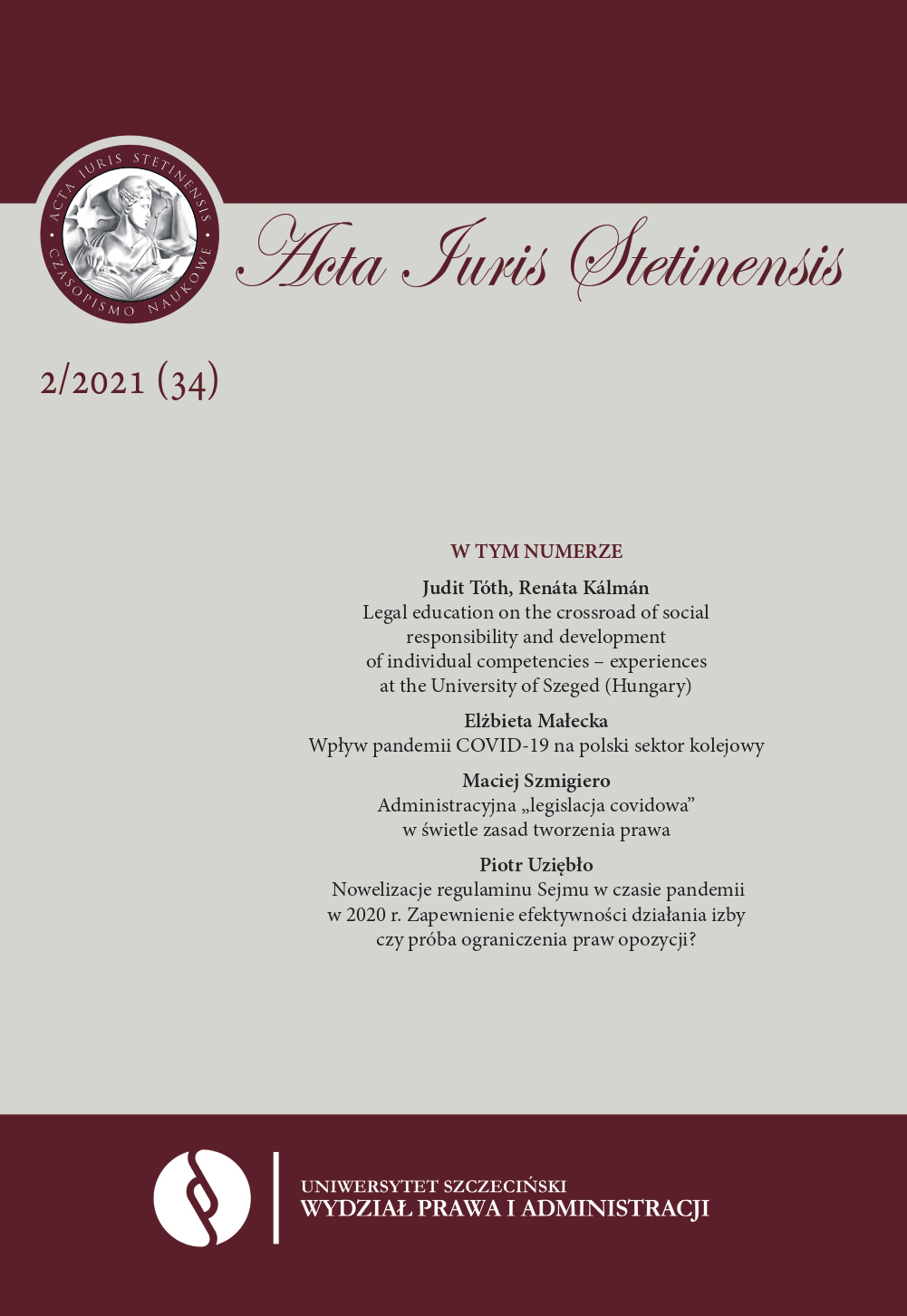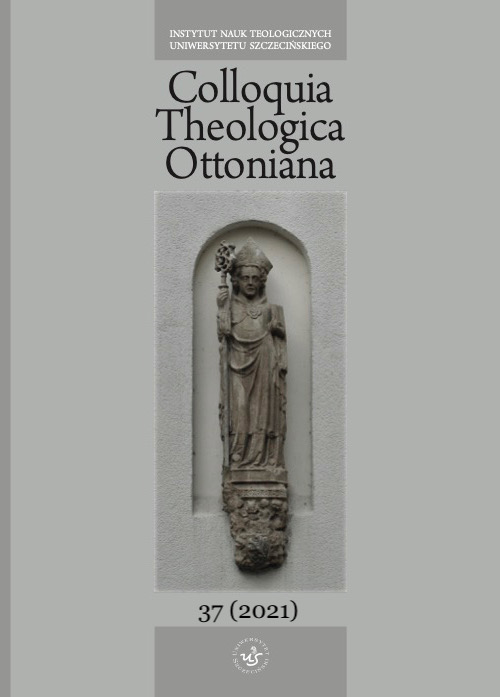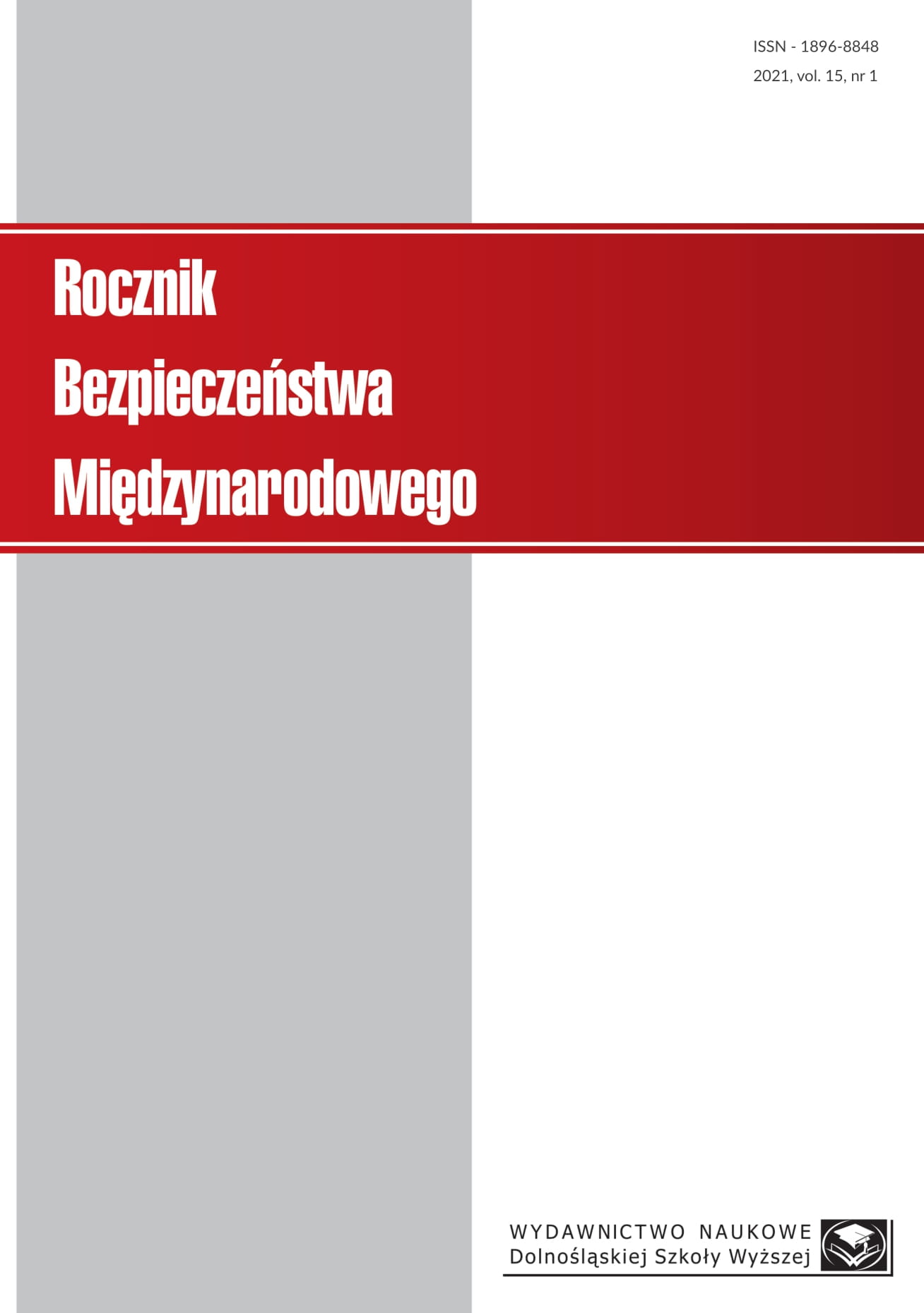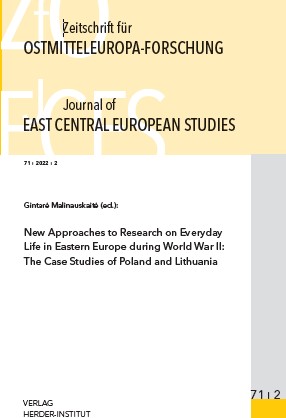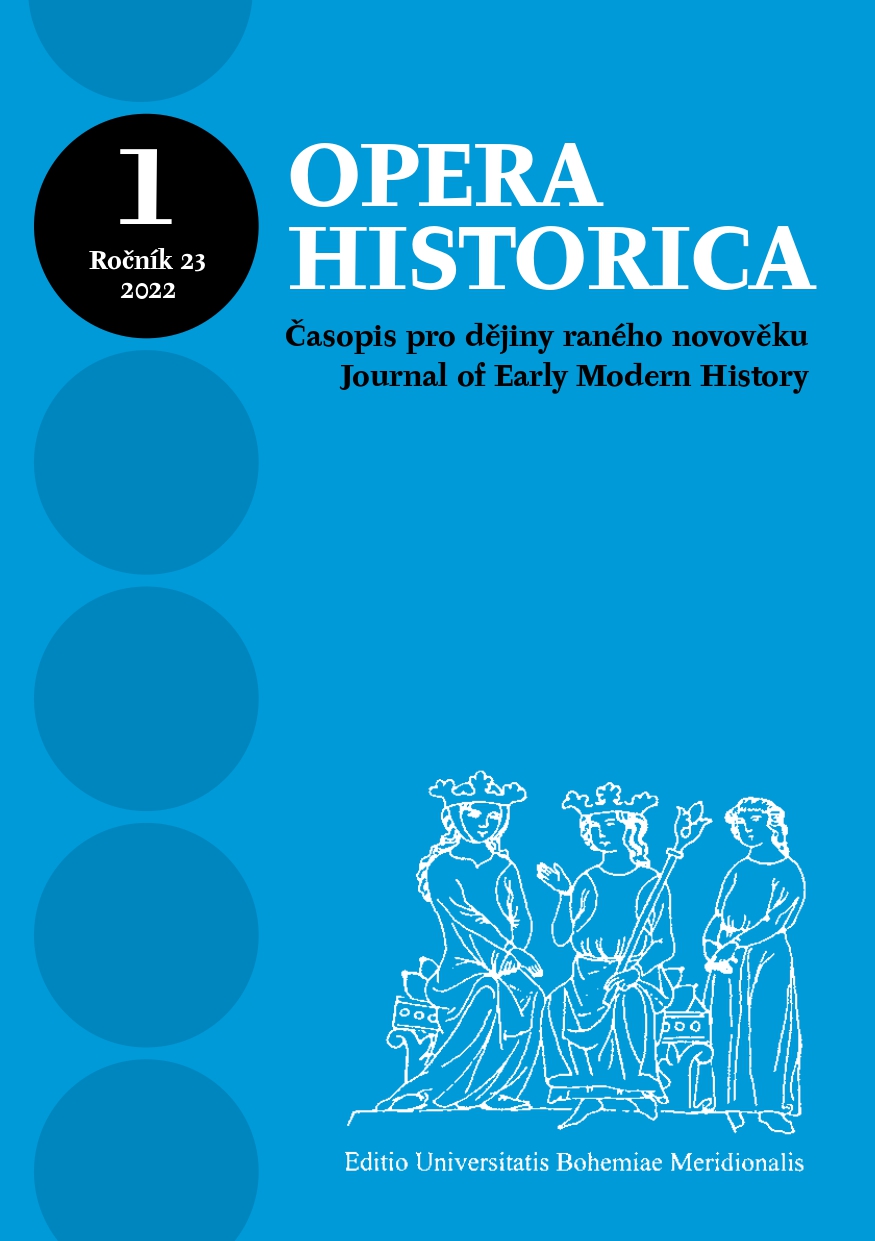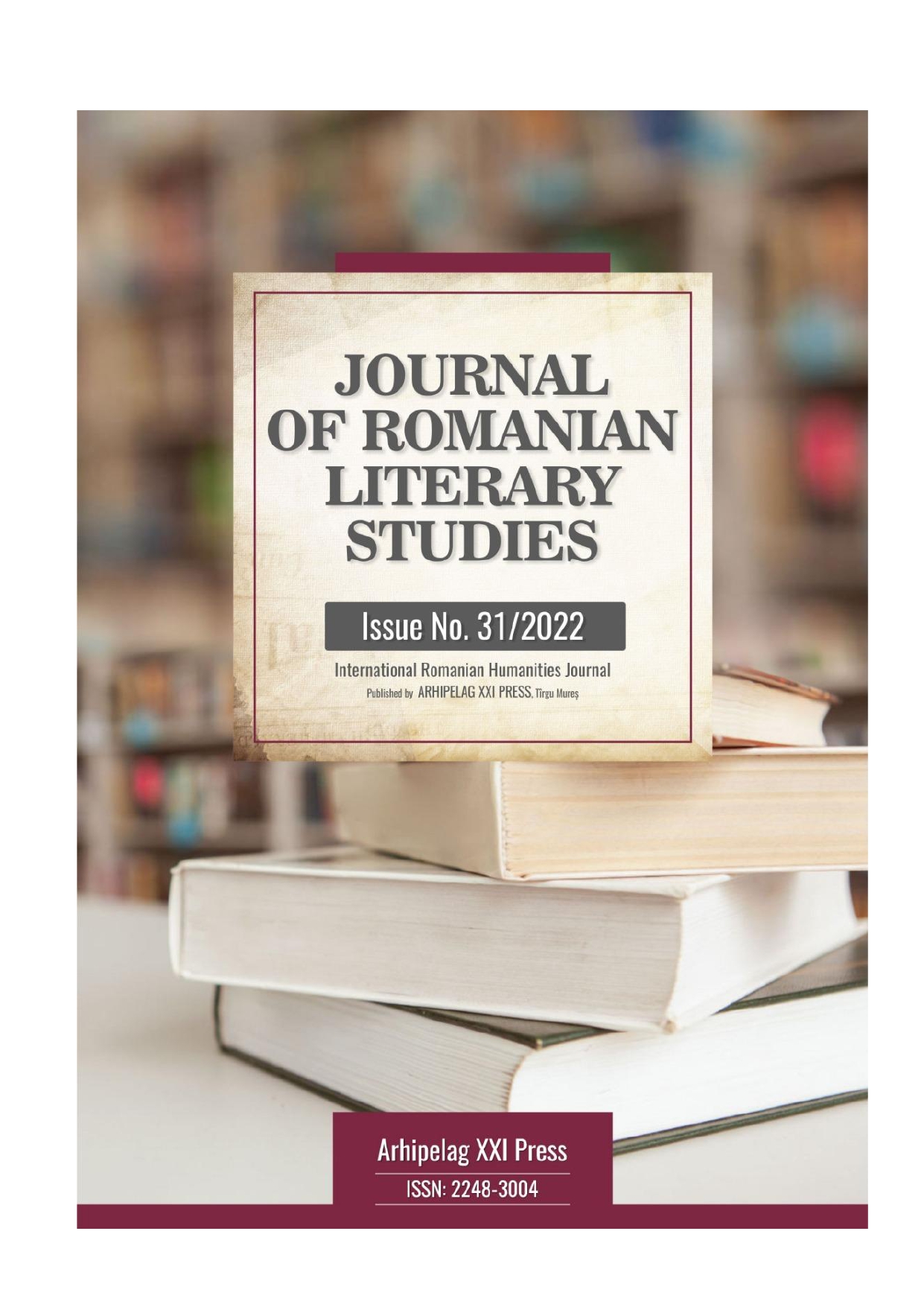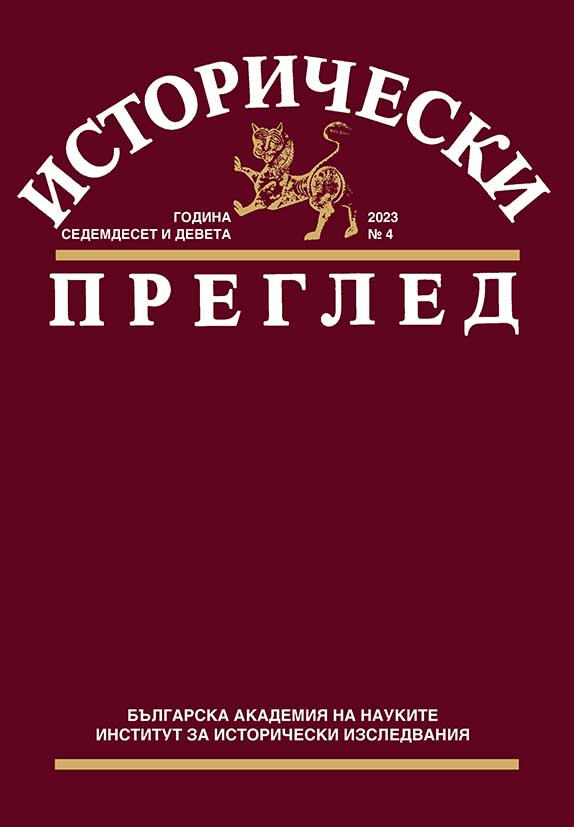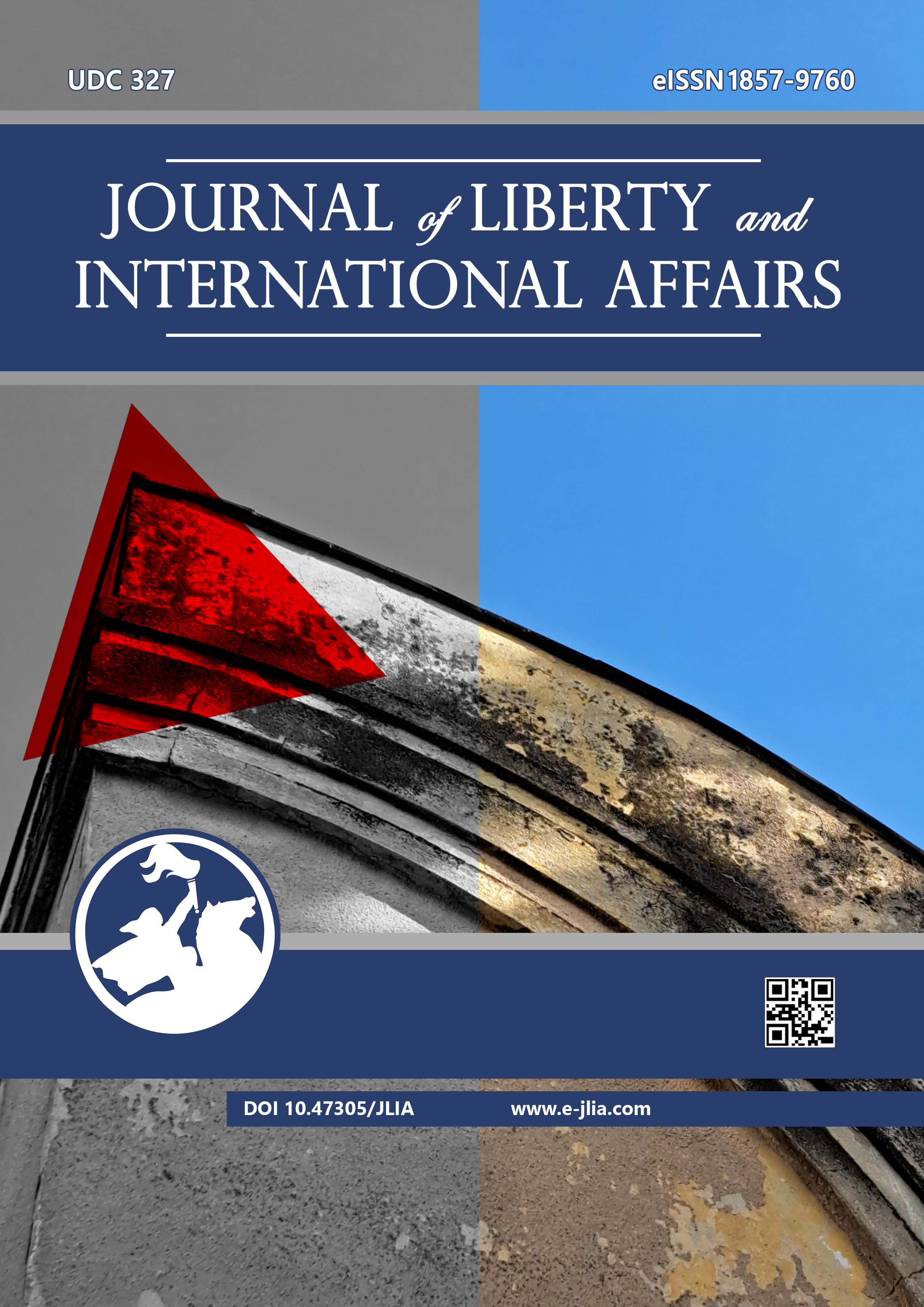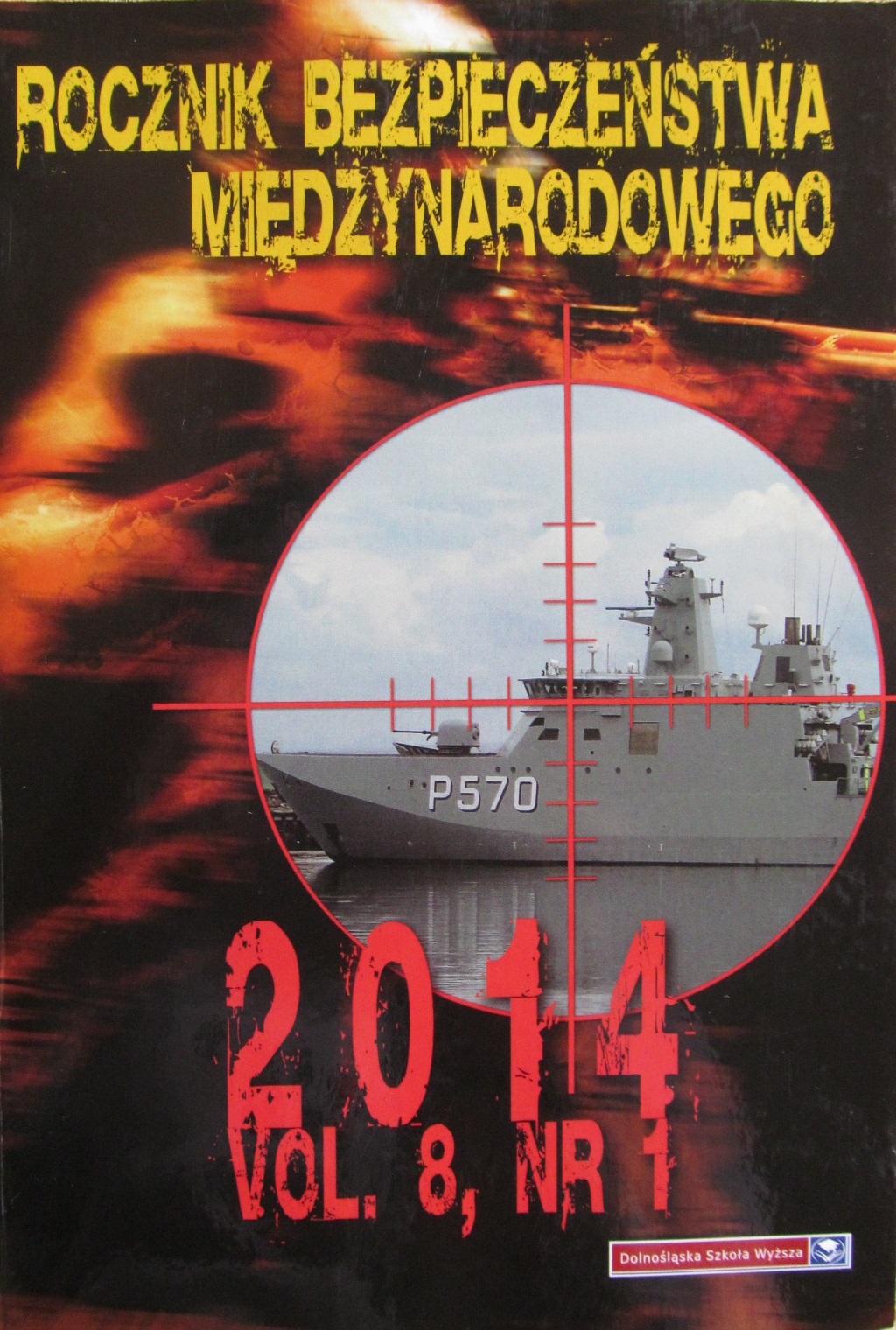
Pluralizm wyznaniowo-etniczny Surinamu jako wyzwanie dla polityki wewnętrznej państwa
Issues concerning multiculturalism are broadly discussed in literature, primarily in the context of Western societies, i.e. the influx of immigrants. In this light, certain aspects of traditionally multicultural societies (e.g. with colonial experience) may be found considerably interesting, and form a point of reference for broader analyses. Here, Surinam provides an interesting example due to its extraordinarily heterogeneous ethnic, cultural and religious structure. In such circumstances, one may analyse the main directions of the state’s policy towards varied social groups, as well as the management of intercultural relations. This article aims at presenting the standards of religious freedom in Surinam and the main factors determining the state’s policy towards diverse cultural groups. In the presented paper, special attention is paid to historical, political and cultural determinants. Particular emphasis is put on the legislation regarding intercultural relations and the multicultural mould of society, as well as the practical fulfilment of such provisions (e.g. the religious holidays in the country).
More...
